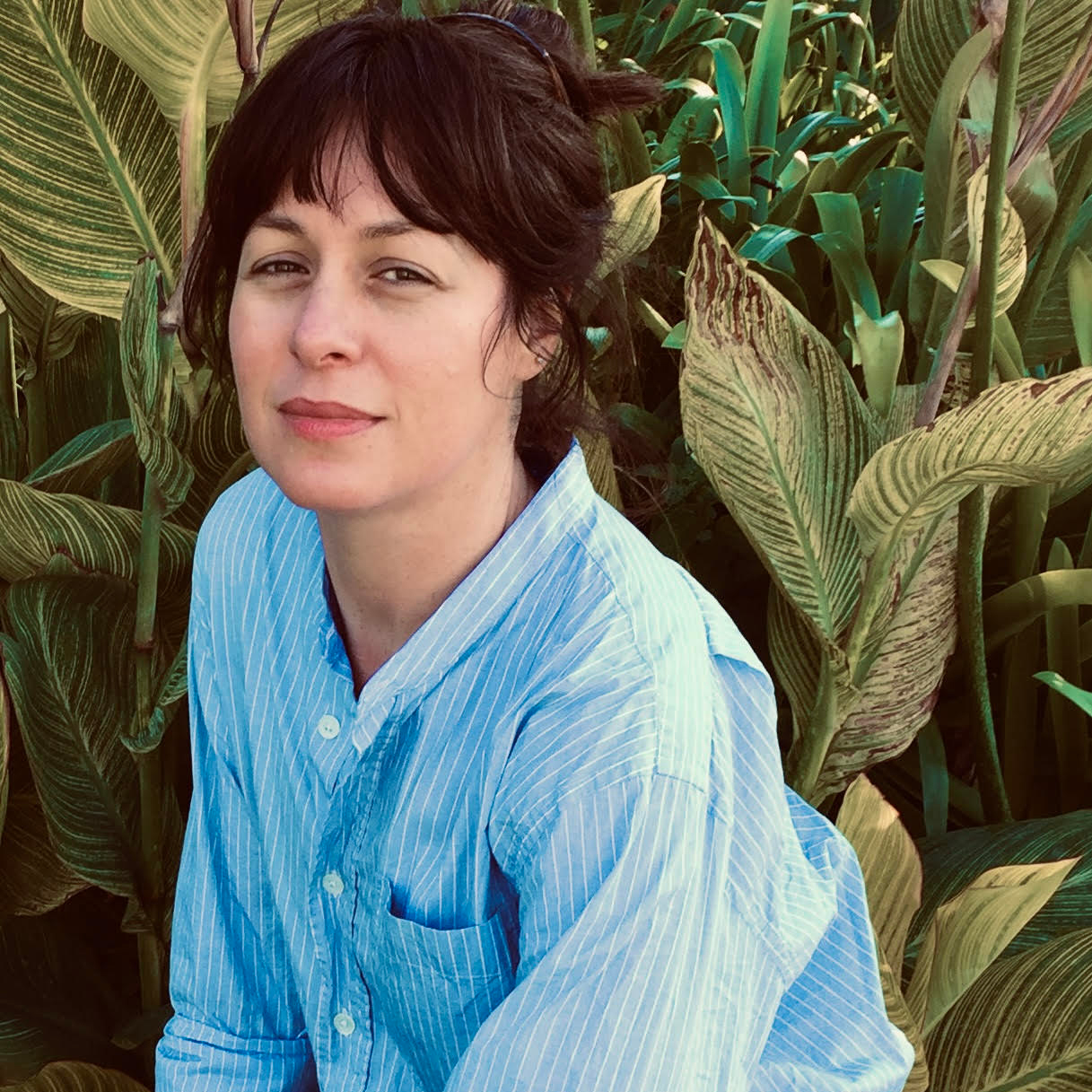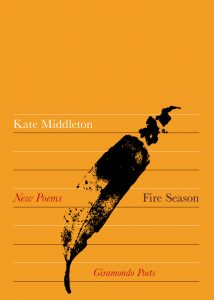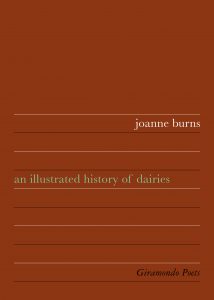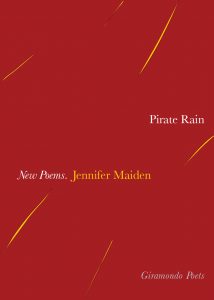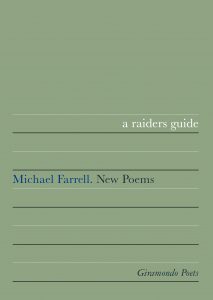Basket
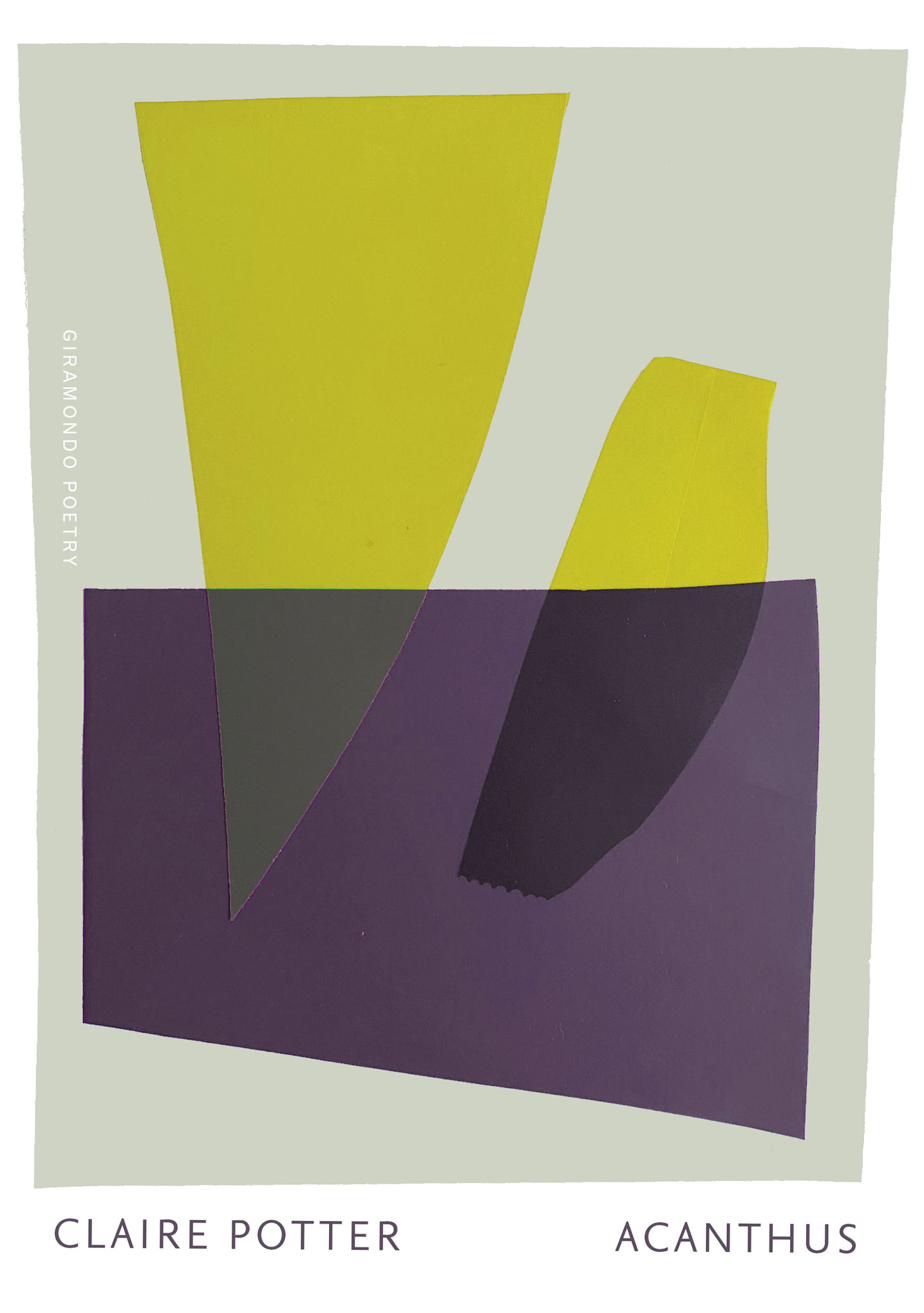
Acanthus
A new collection, ten years in the making, by one of Australia’s richest lyrical poets
Acanthus offers a collection of poems that dwell in the landscapes of the northern and southern hemispheres, evoking myth and fantasy and romance, as they move between observation and imagination. At the heart of Potter’s poetry is a keen awareness of the power of transformation, which brings the celestial and the physical, the imagined and the real closer to hand. The poems hold an ear to those wandering figures who, like Icarus, search the peripheries of those adjoining worlds for a way through, but instead often fall against the clockwork of the ordinary. Surreal gardens, repetitive geometry, rooms of clouds, witches and monsters, lie not outside the natural world but directly within it, mixing poetry and quotation, dream with prose. Each poem lies at an angle to the next, sitting as if within the net of a wider page, seeking to embody the radical arc of reading, reverie, and falling through literary spaces.
Acanthus combines dream-like clarity with sudden violent metamorphosis. The title recalls a story from Vitruvius: how, in spring, an acanthus plant flowered through a child’s grave; how this inspired Callimachus to carve the Corinthian capital. Potter quotes Derrida: everything will flower at the edge of a desolate tomb. Grief and remembering, flowering greenness and carved stone: the poetry is shaped by such elemental forces. The poems of childhood, of elegy, of lovers’ meetings and separations are everywhere subject to a mythical vision of human encounters. Lisa Gorton
Acanthus rides on ‘a wing of green thunder’, with all the organic energy of a coiling tendril. Looking up from these pages, I find I am stiller than before, and the world more wondrous.
Jaya Savige
Acanthus is gorgeous, rhizomic and orphic. There is joy, luminosity and performative risk in Claire Potter’s poems. She writes in a language of rare compassion and transfiguring intensities.
Michelle Cahill
[The] poems in Acanthus display a mature, confident style: while still intensely lyrical, the writing is evenly paced and generally uses unbroken, unselfconscious syntax, allowing lush imagery, fluid rhythms and ear-catching turns of phrase to do the work and – in Sarah Day’s words – ‘enrich one’s experience of the day to day’.
Jackson, Westerly
Potter’s imagery is startling in its originality, and at times haunting…There is much joy to be had here, in Potter’s original, surreal and musical Acanthus.
Lesh Karan, Mascara Literary Review
About the Author
Reviews
[A] fabulous and highly original new collection…These poems seem to break apart consciousness before it becomes encoded, crystalised, as syntax.
Australian Book Review

